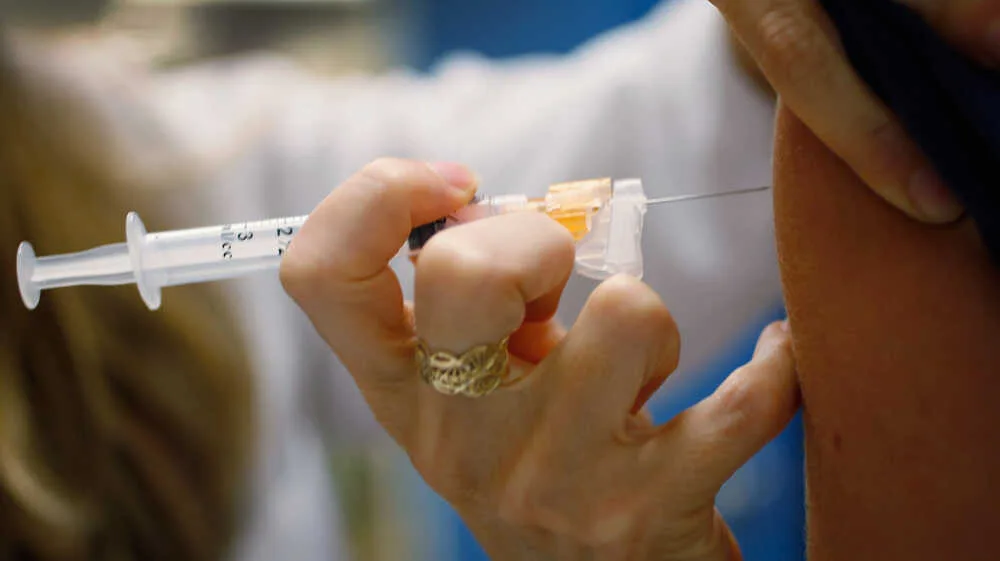In response to ongoing public concerns, the U.S. Centers for Disease Control and Prevention (CDC) has announced plans to conduct a large-scale study examining potential links between vaccines and autism. This initiative aims to address parental apprehensions and ensure transparency in vaccine safety evaluations.
Autism spectrum disorder (ASD) is a developmental condition characterized by challenges in social interaction, communication, and repetitive behaviors. Over the past two decades, the reported prevalence of autism has increased, now affecting approximately 1 in 36 eight-year-olds in the United States. Experts attribute this rise primarily to expanded diagnostic criteria and improved screening methods.
Despite extensive research demonstrating no causal relationship between vaccines and autism, public skepticism persists, partly due to misinformation and historical controversies. Notably, a 1998 study that suggested a link between the measles, mumps, and rubella (MMR) vaccine and autism was later retracted due to methodological flaws and ethical concerns. The study’s author subsequently lost his medical license.
The CDC’s forthcoming study seeks to reaffirm vaccine safety and restore public trust in immunization programs. Health officials have emphasized that previous studies have consistently found no link between vaccines and autism. However, some public figures advocating for further investigations have contributed to renewed discussions on the topic.
The scientific community largely agrees that vaccines are a crucial tool in preventing infectious diseases and that their benefits far outweigh potential risks. Ongoing research and surveillance continue to monitor vaccine safety, ensuring that immunization programs protect public health effectively.
As the CDC embarks on this comprehensive study, it aims to provide clarity and reassurance to the public, reinforcing the importance of vaccinations in safeguarding individual and community health.




+ There are no comments
Add yours